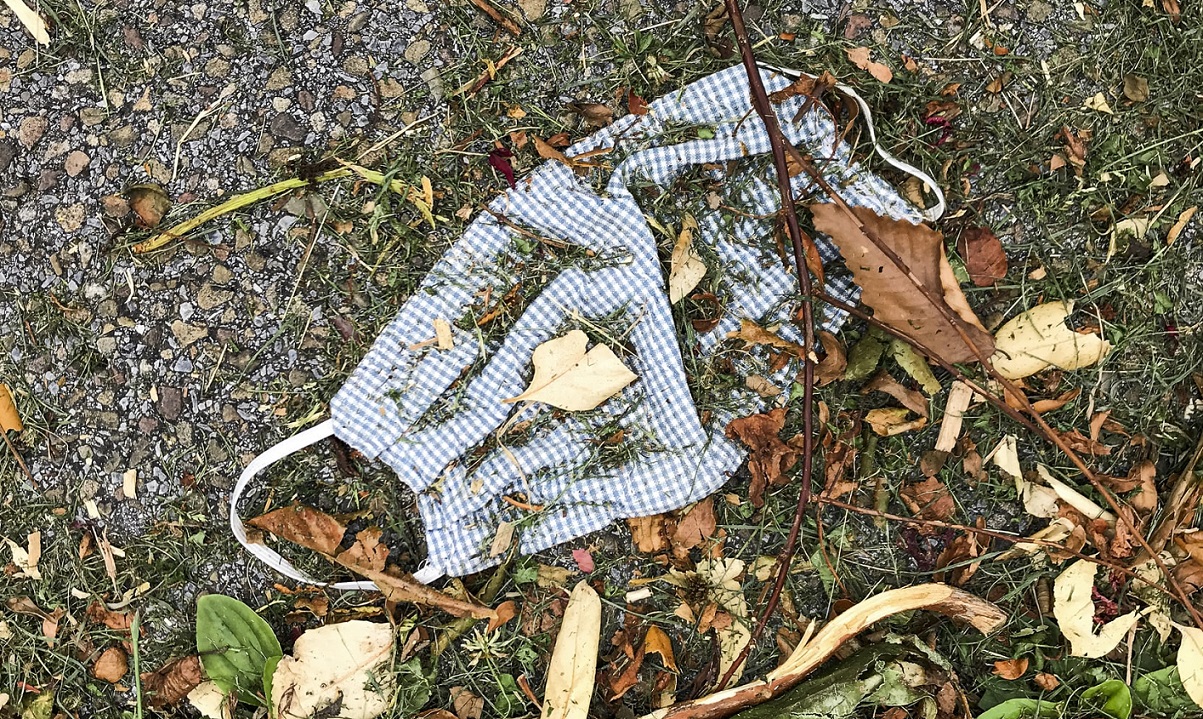A year ago, we thought we were looking forward to life after the pandemic. Now we know that COVID will likely always be with us. So, is it time to party?
Almost a year ago now, there was a hopeful light at the end of the tunnel when it comes to the coronavirus pandemic. At-risk groups, like elders, immunocompromised people, and front-line service workers were getting their second vaccine shots, and starting to come out of their homes to hug each other again. The rest of us were soon to follow. It really seemed like there would be life after the pandemic, not the same as it was before, but one we could look forward to. Things would get better.
In the months since that golden time, the situation has deteriorated. Virus-related restrictions like mandatory mask-wearing, meant to keep as many people as safe as possible, became politically untenable. The vaccines, which former President Trump once crowed about having practically invented himself, became so politicized that Red America began dying in numbers significant enough to potentially sway tight elections. Redditors bestowed “Herman Cain” awards to notable anti-vaxxers who took their distrust to the grave. Prominent “Heroes Work Here!” signs came down from grocery store displays around the country. The same doctors and nurses that people cheered for early on, became targets for abuse, as did those responsible for enforcing mask mandates in stores and restaurants. Funding to protect us now, let alone the next variant, is evaporating. Herd immunity is never going to happen. Hundreds of thousands more have died.
Here we are a year later, and it’s not “after the pandemic” yet. Not even close. And despite being in, what, the fifth wave now, significant numbers of people have decided to live as if it were all over. With cases trending slightly downward in places, but still far higher than the numbers that justified closing offices and schools two years ago, the last of the restrictions are fading away. It’s like saying that the parachute slowed our descent so we can now safely remove it a thousand feet up. We’ve been through this time and time again, and people either don’t learn, or they’ve given up.
And now, there’s talk about not bothering to count cases anymore.
“Once you have accepted the virus is endemic, just like influenza, then you never track cases because we never screen like this for any other viruses,” Dr. Monica Gandhi, an infectious disease specialist from California, told The Guardian last month. Death counts, sure, but since we’re never going to eliminate COVID, there’s no longer any point in keeping track. (No data, no problem, right?) There will never be “life after the virus,” so we might as well act like we’re living life after the virus now, eh?
Lifting mandates, explains Dr. Leana Wen on Twitter, will harm immunocompromised people and children who are too young to be vaccinated. “This is unfair,” she says, “but it’s part of our necessary transition from government mandate to individual decisions.” I don’t know about you, but when I look around me at my fellow Americans, I see a whole lot of people I don’t trust to make great decisions for everyone’s health.

Take New York City Mayor Eric Adams (D), for example. Last week, he told business leaders that it was time to bring their employees back to nearly-empty office buildings in order to facilitate the city’s recovery. As if the possibility of a snootful of omicron makes cubicles and commutes that much more appealing! For their part, few office workers want life after the pandemic to look like it was before. According to a recent poll, 86% want to log in from home at least two days per week (maybe none), and only a thin 3% want to go back full-time. Advanced Workplace Associates, the polling organization, warned clients that workers may well quit if they’re required to come back.
Another set of workers who went remote in 2020, by choice or chance, became entrepreneurs. Working quietly, often in settings that weren’t fully legal according to their city codes, people set up pandemic businesses in their basements and on their kitchen tables to get by in those strange and confusing times. After the pandemic, perhaps codes will change to reflect the mainstreaming of home businesses. If they do, it will be a welcome return to a historic norm.
People may be done with COVID, but COVID is not done with us. It would be one thing to resign ourselves to endemicity if the virus were as mild as the common cold, or even merely as fatal as the flu. Unfortunately, it’s not. It’s a virus transmitted through the air that can still kill you or render you disabled for life. Emory University epidemiologist Jodie Guest’s team has developed some guidelines to tell when COVID has dropped to a suitably safe level to remove restrictions: “daily case rates below 30 per 100,000, ICUs below 80% of capacity, vaccination rates of at least 75%, and fewer than 100 COVID-19 deaths a day nationwide.” We’re nowhere near that, not when we’re averaging 2,000 deaths daily. Instead, we’re dropping restrictions to satisfy people who want to party like it’s 2019.
It’s looking more and more like life after the pandemic, such as it is, will still be full of COVID. If we can’t manage to contain a virus, don’t expect Americans to come together in any coherent kind of way to solve more serious crises in the future.
Related: Considering Life After the Pandemic


Join the conversation!